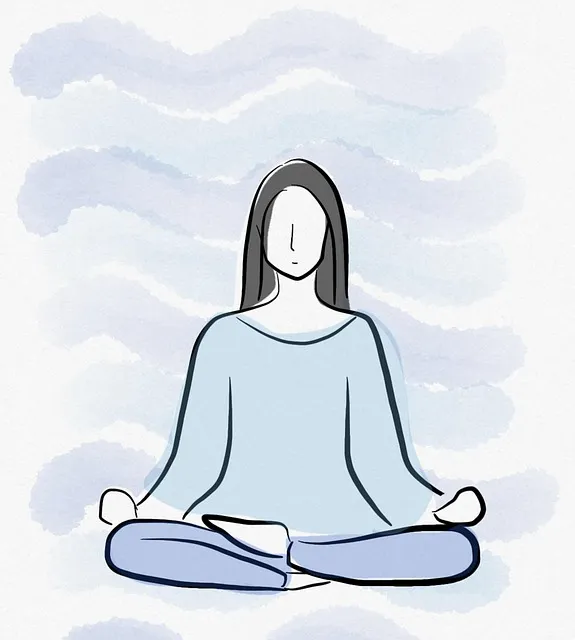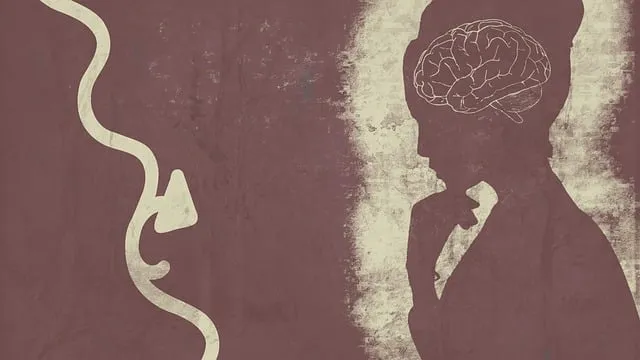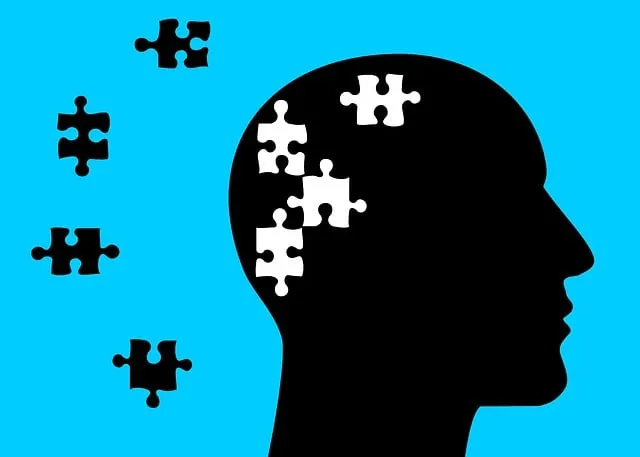Parker Kaiser Permanente Mental Health Facility offers a holistic approach to anxiety management, addressing symptoms and root causes through personalized treatments. Cognitive Behavioral Therapy (CBT) targets negative thought patterns, while mindfulness and relaxation techniques foster emotional intelligence and calmness. Lifestyle changes, including nutrition, exercise, and sleep, are emphasized for overall mental wellness. The facility's evidence-based practices and compassionate care empower individuals to effectively manage anxiety disorders, improving quality of life.
Anxiety is a prevalent condition that can significantly impact daily life, but effective management techniques exist. At Parker Kaiser Permanente Mental Health Facility, we delve into understanding anxiety’s symptoms and causes, offering specialized treatments like Cognitive Behavioral Therapy (CBT). This article explores CBT’s power, along with mindfulness practices, relaxation techniques, and lifestyle changes tailored from the expertise at Parker Kaiser Permanente to help individuals navigate and overcome anxiety disorders holistically.
- Understanding Anxiety: Symptoms and Causes at Parker Kaiser Permanente Mental Health Facility
- Cognitive Behavioral Therapy (CBT): A Powerful Tool for Managing Anxiety
- Mindfulness and Relaxation Techniques to Combat Anxiety Disorders
- Lifestyle Changes: Nutrition, Exercise, and Sleep for Better Mental Health
Understanding Anxiety: Symptoms and Causes at Parker Kaiser Permanente Mental Health Facility

At Parker Kaiser Permanente Mental Health Facility, understanding anxiety involves recognizing its diverse symptoms and exploring underlying causes. Anxiety disorders manifest in various ways, from persistent worry and fear to physical symptoms like rapid heartbeat, insomnia, and difficulty concentrating. These symptoms can significantly impact daily life, affecting work, relationships, and overall mental wellness.
The facility emphasizes that anxiety often arises from a combination of genetic predisposition, brain chemistry, traumatic experiences, and external stressors. By fostering compassion cultivation practices and self-care routines, individuals can effectively manage their anxiety. Parker Kaiser Permanente offers evidence-based treatments tailored to each person’s unique needs, aiming to enhance mental wellness and improve the quality of life.
Cognitive Behavioral Therapy (CBT): A Powerful Tool for Managing Anxiety

Cognitive Behavioral Therapy (CBT) is a highly effective and widely recognized method for managing anxiety, offered by mental health professionals like those at Parker Kaiser Permanente. This therapeutic approach focuses on identifying and changing negative thought patterns and behaviors that contribute to anxiety. By challenging unhelpful thoughts and replacing them with realistic and positive ones, CBT helps individuals gain a greater sense of control over their emotions and reactions.
At the core of CBT is the belief that our thoughts, feelings, and behaviors are interconnected. Negative or distorted thinking can lead to heightened anxiety and associated symptoms. Through structured sessions, clients learn to recognize these thought patterns and develop coping strategies tailored to their specific needs. This evidence-based practice has shown remarkable success in treating various forms of anxiety, offering individuals a powerful tool for enhancing their mental well-being and achieving lasting anxiety relief. Additionally, the cultural sensitivity in mental healthcare practice at facilities like Parker Kaiser Permanente ensures that CBT is accessible and beneficial to a diverse range of patients.
Mindfulness and Relaxation Techniques to Combat Anxiety Disorders

Anxiety disorders can be effectively managed through mindfulness and relaxation techniques, offered by mental health facilities like Parker Kaiser Permanente. These practices foster emotional healing processes by teaching individuals to stay present and grounded in the moment, thereby reducing the impact of anxious thoughts. Mindfulness meditation, deep breathing exercises, and progressive muscle relaxation are some of the commonly used tools that help in calming the mind and body.
At the core of these techniques is emotional intelligence—the ability to recognize, understand, and manage one’s own emotions as well as those of others. By cultivating emotional intelligence, individuals can better navigate the challenges of anxiety, ensuring their responses are proportionate and constructive. Public awareness campaigns development around these mindfulness and relaxation practices can further support individuals in managing anxiety disorders, contributing to a healthier and more resilient community.
Lifestyle Changes: Nutrition, Exercise, and Sleep for Better Mental Health

Anxiety management begins with holistic approaches that integrate lifestyle changes. At Parker Kaiser Permanente mental health facility, experts emphasize the interconnectedness of nutrition, exercise, and sleep in cultivating better mental health. A balanced diet rich in nutrients supports brain function and emotional stability, while regular physical activity boosts mood by releasing endorphins and promoting neuroplasticity. Adequate sleep is crucial for resilience building; it allows the body to recover and consolidate memories, reducing stress responses.
For healthcare providers, incorporating these burnout prevention strategies can be transformative. Mental wellness coaching programs development focuses on teaching coping mechanisms and self-care practices, ensuring professionals maintain their emotional balance amidst demanding workloads. By prioritizing nutrition, exercise, and sleep, both providers and individuals can enhance their mental wellness and navigate life’s challenges with greater resilience.
Anxiety management is a comprehensive journey that involves understanding your condition, adopting effective tools, and making positive lifestyle changes. At Parker Kaiser Permanente Mental Health Facility, we’ve explored powerful techniques such as Cognitive Behavioral Therapy (CBT) to help individuals take control of their anxiety. By combining mindfulness practices, relaxation techniques, and lifestyle modifications like improved nutrition, regular exercise, and quality sleep, one can significantly enhance mental well-being. These strategies offer practical ways to navigate and overcome anxiety, ultimately fostering a healthier and more balanced life.






